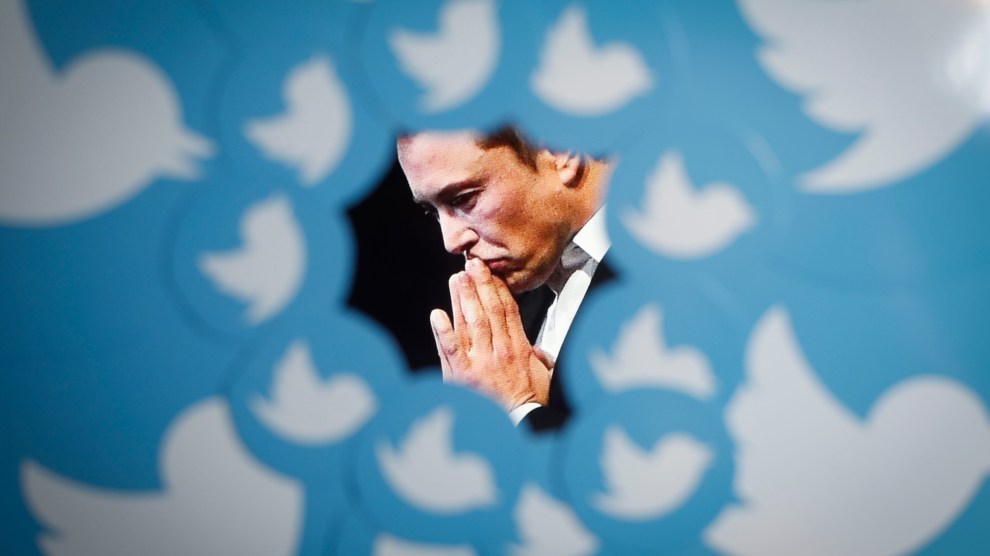
Photo by STR/NurPhoto via AP
Elon Musk seems to have settled on a bold new strategy for responding to a letter from a US senator probing his handling of Twitter: shitposting.
On Friday, Sen. Edward Markey (D-Mass.) tweeted out a letter he had sent to Musk, partially in response to a Washington Post story in which the writer used Twitter’s new paid verification program to impersonate Markey.
“A @washingtonpost reporter was able to create a verified account impersonating me—I’m asking for answers from @elonmusk who is putting profits over people and his debt over stopping disinformation. Twitter must explain how this happened and how to prevent it from happening again,” Markey wrote in a tweet accompanying screenshots of the letter he sent to Musk.
A @washingtonpost reporter was able to create a verified account impersonating me—I’m asking for answers from @elonmusk who is putting profits over people and his debt over stopping disinformation. Twitter must explain how this happened and how to prevent it from happening again. pic.twitter.com/R4r7p6mduP
— Ed Markey (@SenMarkey) November 11, 2022
Two days later, on Saturday morning, Musk decided to respond by tweeting, “Perhaps it is because your real account sounds like a parody?”
Perhaps it is because your real account sounds like a parody?
— Elon Musk (@elonmusk) November 13, 2022
Markey, who—thanks to last week’s election results—will be part of the Senate majority for the next two years, quickly reminded Elon about the kind of power lawmakers on Capitol Hill can wield. “One of your companies is under an FTC consent decree. Auto safety watchdog NHTSA is investigating another for killing people. And you’re spending your time picking fights online,” Markey tweeted. “Fix your companies. Or Congress will.”
One of your companies is under an FTC consent decree. Auto safety watchdog NHTSA is investigating another for killing people. And you’re spending your time picking fights online. Fix your companies. Or Congress will. https://t.co/lE178gPRoM
— Ed Markey (@SenMarkey) November 13, 2022
The exchange between Twitter’s new, erratic CEO and Markey came after a severely botched overhaul of the verification process. Almost immediately after taking over Twitter, possibly as a swipe at the journalists that he intensely detests, Musk said that would scrap normal, free verifications for notable individuals and institutions and instead let anyone get verified, for $8 a month. When the product was finally rolled out, impersonations of businesses, brands, and people ensued, possibly putting significant dents in companies’ market capitalizations.
Twitter first tried to fix the problem by reintroducing a separate type of verification that it had previously released and then had quickly suspended. Next, the company paused paid $8 verifications altogether, with the intention of making that feature available again sometime in the future.
So why did Musk respond to Markey this way? It’s anyone’s guess. You or I might have responded differently after advertisers fled the platform out of concern for brand safety, which Musk’s incessant trolly shitposting imperiled, draining the financially ailing company of its biggest revenue source. Aside from financial concerns, a normal person might have just been embarrassed after rolling out a spate of changes at Twitter that went so poorly—from the paid verification chaos to the botched mass layoffs that reportedly led to frantic efforts to rehire fired employees.
But not Elon. He’s built different. Most people who steer cruise ships see icebergs and think “danger, avoid.” He steers into them. With his billionaire mindset, Musk sees opportunity where no one else does. Per his own admission to Twitter employees, he might also be seeking bankruptcy soon.








